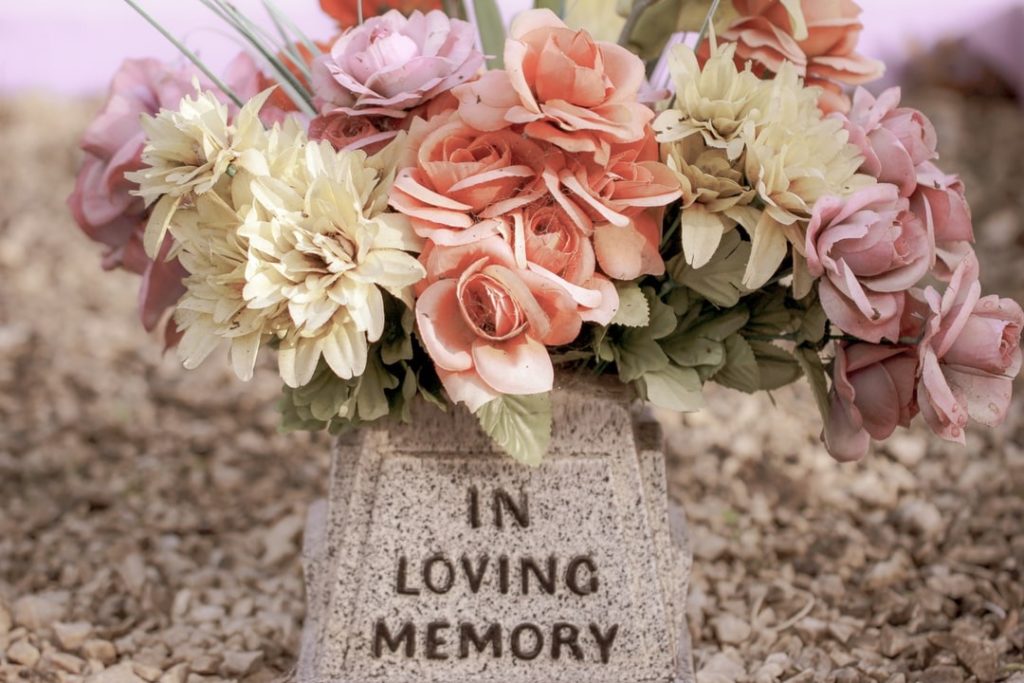
Grief in Recovery
There is no concept of time when experiencing grief. The excruciating feelings of loss can last days, weeks, months, and even years. Individuals with risk factors, such as substance use disorder (SUD), may find it difficult to recover from grief in healthy ways. Instead, they may become trapped and unable to move past the mourning stage.
The Relationship Between Grief and Addiction
What may originate as a distraction from grief can advance into an addiction. As grief becomes insufferable, people may turn to alcohol or drugs to cope with the pain. Unfortunately, unhealthy coping skills can result in unresolved feelings. Addicted individuals may numb or suppress the emotions that are trying to surface.
Stages of Grief
A theory developed by Elisabeth Kubler-Ross provides five stages of grief, which include:
#1. Denial
The denial stage helps minimize overpowering pain. As the loss is processed, people simultaneously try to survive the emotional pain by disregarding the loss endured.
Denial also occurs in addiction. When abusing alcohol or drugs, people may deny the amount or frequency of use. The denial typically continues until significant consequences transpire because of substance abuse.
#2. Anger
Anger is expected when losing a loved one. Adjusting to a new reality can be frustrating and frightening. Many emotions need to be processed, and anger allows the expression of feelings of loss.
Anger is a typical reaction of many addicts who feel confronted when discussing their substance use. Being asked about their addiction is a significant threat to their denial. When confronted about their damaging behavior, they may blame others instead of taking accountability for their actions.
#3. Bargaining
Bargaining involves guiding our pleas to a higher power that may be able to inspire an improved conclusion.
When most addicts enter the bargaining phase, they realize the nature of their problem. The bargaining stage is likely to manifest itself in the same way if the person addicted is in recovery or active addiction. Individuals will begin bargaining by promising to cut down on their drinking or drug use or pledge to stop using the next day.
#4. Depression
The loneliness of depression is experienced by many in grief. In the depression stage, the loss feels inevitable. Suppressed feelings surface and are experienced.
In addiction, depression may be profound when a person realizes they can’t function with or without alcohol or drugs in their system. The depression usually will pass with much time and work.
#5. Acceptance
In the acceptance stage, the reality of the loss is no longer resisted. Sadness and regret can still exist in this stage. However, denial, bargaining, and anger are less likely to occur.
If a person struggling with addiction can take that first step to commit to change, they usually can succeed in recovery. Even if they experience a relapse, they are still capable of change and acceptance. As long as they desire acceptance, their relapse will be temporary.
Strategies to Cope With Grief
Scientific studies have recognized an association between the loss of a significant loved one, grief complications, and substance abuse. Individuals with SUD are more susceptible to complicated grieving symptoms following a loss.
The grieving process is painful yet essential in accepting change and moving towards a better way of life. For individuals in recovery, applying healthy coping skills is crucial to prevent relapse.
Helpful coping strategies to avoid relapse include:
Self-Care
The mind and body connection is a powerful tool, specifically in situations dealing with stress. Eating well provides the body with the necessary nutrients to function and feel better physically, mentally, and emotionally.
Exercising stimulates the natural release of endorphins to relieve stress and enhance mood. Furthermore, adequate sleep and avoiding habits that compromise health, such as drinking too much alcohol or using drugs, benefit overall health.
Joining a Grief Support Group
Talking to someone with similar experiences can help. It is essential to remember that feelings are both expected and necessary. When emotions involve feeling unsafe, at risk of relapse, or as though pain is unbearable, it is time to reach out to a support group. These groups can offer relief throughout the grieving process while encouraging a continued commitment to recovery.
Seeking Professional Support
If a grief support group is not the right fit, talking to a counselor about grief can sometimes help. The counselor can use evidence-based treatment methods and teach effective coping strategies to help manage your emotions.
Practicing Patience With the Healing Process
Grieving and mourning a loved one takes time. Mindfulness methods, such as prayer or meditation, work to unite the mind with a sense of peace, calming the rush of extreme emotion that is a normal part of grieving. When mindfulness is achieved, a person can practice being present and patient with themself.
Seeking Grief and Addiction Support
The Substance Abuse and Mental Health Services Administration (SAMHSA) offers the behavioral health treatment services locator to help find mental health services by area. Helpful information about treatment facilities that provide specialty care can be found by using SAMHSA’s substance use treatment locator.
The loss of significant relationships, such as divorce, loss of a job, or the death of a loved one, can trigger grief and develop into an addiction. If you or a loved one suffers from alcohol or drug addiction, we are here to help. Present Moments Recovery in San Diego, California, provides an individualized and comprehensive approach to addiction, with many levels of care to help you recover. Our family-run treatment center offers detox programs, inpatient and outpatient counseling, and sober living homes. At Present Moments Recovery, you can heal in a home instead of a facility. Our treatment center offers a team of professionals ready to help ensure all client needs are met. We believe recovery can only happen in the present moment. Call us today and learn more about our effective treatment services at (619) 363-4767.
Categories
Addiction





